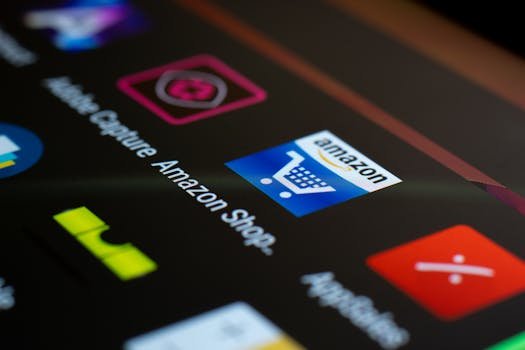A recent study reveals a growing challenge for young job seekers in the U.S.: artificial intelligence is rapidly reshaping the landscape of entry-level employment.
📉 The AI Disruption
From customer service to content creation, AI-powered tools—especially language models and chatbots—are increasingly taking over tasks that were once the domain of fresh graduates and early-career professionals. This shift is creating a new kind of competition, where young workers aren’t just up against other applicants—they’re up against machines.
🧠 Skills Gap Widens
The study highlights a troubling trend: many young Americans are entering the workforce without the digital fluency or adaptive skills needed to thrive in an AI-driven environment. While AI can streamline workflows and boost productivity, it also means that employers are rethinking the roles traditionally filled by junior staff.
💼 What This Means for Job Seekers
To stay competitive, young professionals must now focus on:
- Upskilling in areas like data literacy, AI collaboration, and tech integration
- Building soft skills such as creativity, emotional intelligence, and critical thinking—traits that machines can’t replicate
- Exploring new career paths in industries where human insight remains irreplaceable
🌐 A Paradigm Shift
This isn’t just a temporary trend—it’s a fundamental shift in how work is defined and distributed. As AI continues to evolve, the job market will demand a new kind of worker: one who can work alongside intelligent systems rather than be replaced by them.





